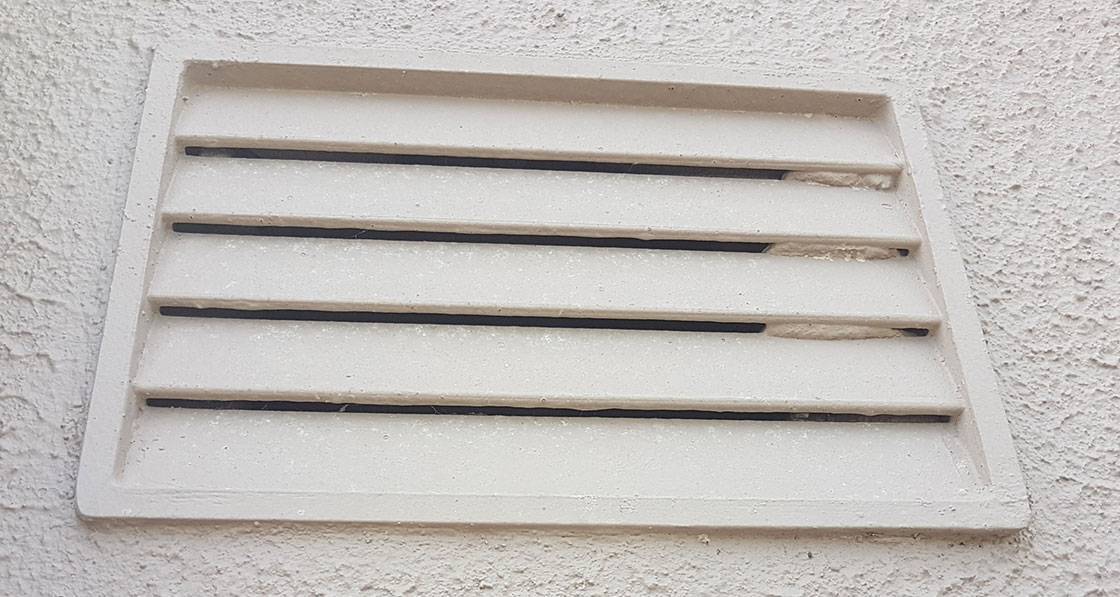
- Health
- Posted
100 Irish households sought for indoor air quality study
Researchers from the School of Physics at NUI Galway are seeking to recruit 100 households to measure indoor environmental air quality within Irish homes that have been built to be highly energy efficient, by deploying remote sensors within the homes.
In Ireland, homes are currently being built to a higher energy efficiency standard to reduce the country’s climate change impact, which can also contribute to reducing household heating costs. This study will evaluate and assess the indoor environment of these homes, to ensure these energy efficient measures are not adversely impacting upon the indoor air quality.
The research team, led by Dr Miriam Byrne and Dr James McGrath in NUI Galway’s School of Physics have initiated the project, which will investigate homes that have the highest energy efficiency standard, an ‘A’ building energy rating (BER) certification. The research team will use a remote sensor and continuously monitor air quality within the home for 18 months.
The study will measure the following pollutants:
• Volatile Organic Compounds
• Radon
• Thermal comfort parameters (Temperature, Humidity and Pressure)
• Carbon Dioxide
Volatile organic compounds are emitted as gases from certain solids or liquids such as paint, furniture polish, soap, varnishes, aerosol sprays and cleaning products. Radon is a naturally occurring radioactive gas which has no taste, colour or smell and is regulated in Ireland by the Environmental Protection Agency (EPA) Office of Radiological Protection. The thermal comfort assessment measurements will evaluate people’s subjective comfort (how warm or how cold they feel) within their homes. The carbon dioxide measurements are taken to assess ventilation systems effectiveness.
Commenting on the study, principal nvestigator Dr Miriam Byrne said: “We are delighted to have received SEAI funding for this important project. There is a delicate balance to be struck between ensuring that a home is energy efficient, and also providing enough ventilation to guarantee acceptable indoor air quality. The use of low cost sensors that wirelessly transmit data will allow us to collect detailed air quality and thermal data over a much longer period than has previously been possible.”
For eligible participants who would participate in the study, a researcher will come to their home to install remote sensors (similar to a smoke detector in size) in four rooms in the home; the kitchen, living room, master bedroom and bathroom, and they will access information on the four pollutants within the home for 18 months through remote monitoring. Participants will also be asked to fill in a contextual information sheet, with questions on their home, such as heating and ventilation, as well as a thermal comfort survey and activity diary, covering activities such as cleaning and cooking, three times during project.
All participants will receive an overview of the indoor air quality assessment within their home, and all participants will keep the sensors that are provided during the study, so that they can continue to measure pollutants within their homes after the study is completed. In addition, participants will assist research in NUI Galway and contribute to indoor air environment science.
The VALIDate project is funded by the Sustainable Energy Authority of Ireland (SEAI).For more information and to participate in the study contact, Dr James McGrath, School of Physics, NUI Galway at This email address is being protected from spambots. You need JavaScript enabled to view it. and 091 493437. To read more about the VALIDate project, visit www.nuigalway.ie/validate.







